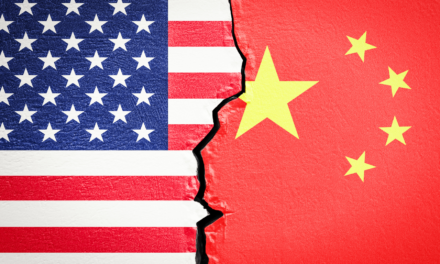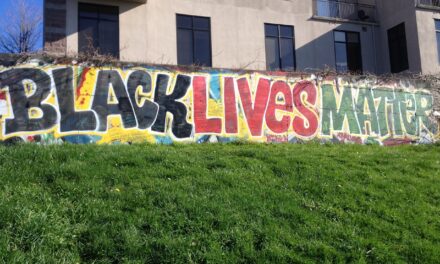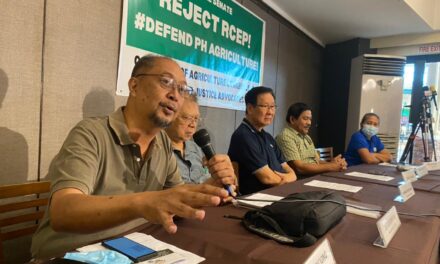The current border conflict between Cambodia and Thailand is no insignificant conflict. It is a full-fledged border war. Accurate information is still hard to come by, but some sources indicate that after eight days, 22 Cambodian soldiers have died, 22 captured, some 400,000 civilians displaced. On the Thai side, 15 civilians are confirmed dead and 26 injured, with several hundred thousand evacuees and property damage estimated at $310 million.
As in all such conflicts, the vast majority of those killed, displaced, and/or whose properties are damaged are common people, in this particular instance, small-scale Cambodian and Thai farmers and other rural communities.
The roots of the conflict are to be found in the colonial legacy of arbitrarily drawn borders, in this case, the demarcations imposed by French colonial authorities to separate the Khmer territories they controlled from the Kingdom of Thailand in the 19th century. This arbitrary drawing of borders is similar to that the British engaged in to separate India, which they controlled, from the weakened Chinese empire in the 19th and early 20th centuries. Like the notorious McMahon Line, the ill-defined Cambodia-Thailand border has been a source of endless disputes between the post-colonial states, occasionally erupting in open war.
The colonial legacy, however, cannot be the sole reason that such conflicts break out. More important are the interests served by such periodic wars, and these interests are not those of the vast majority of people in the states in conflict. Particular institutional forces find it in their interest to stoke such conflicts under certain circumstances. When their legitimacy is threatened, they find it expedient to provoke conflict and war and whip up ultra-nationalistic sentiments to distract their people from the real problems of poverty, inequality, and injustice that they are burdened with.
We deplore this war and condemn the way the positive values of national and territorial sovereignty have been reduced to xenophobic warmongering by those whose interests are served by the conflict.
We commend Prime Minister Anwar Ibrahim of Malaysia for taking the initiative to mediate a ceasefire between the opposing parties. We note the willingness of representatives of both governments to engage in talks to negotiate an end to the war. We urge close monitoring of the situation on the ground to ensure the ceasefire holds, especially in light of accusations of violations of the truce coming from both sides. We urge the Association of Southeast Asian Nations, United Nations, and other multilateral institutions such as the International Court of Justice to work with both governments to put a permanent end to such conflicts by coming up with a mutually acceptable and clear borderline between Cambodia and Thailand.
Focus on the Global South will contribute whatever material resources we can muster to alleviate the suffering caused by the present conflict, and we call on other civil society organisations contribute to such efforts. More important, we commit to work with all parties in good faith to make the border between Cambodia and Thailand not a source of periodic conflict but a site of permanent peace and social-economic harmony.







![[IN PHOTOS] In Defense of Human Rights and Dignity Movement (iDEFEND) Mobilization on the fourth State of the Nation Address (SONA) of Ferdinand Marcos, Jr.](https://focusweb.org/wp-content/uploads/2025/07/1-150x150.jpg)

